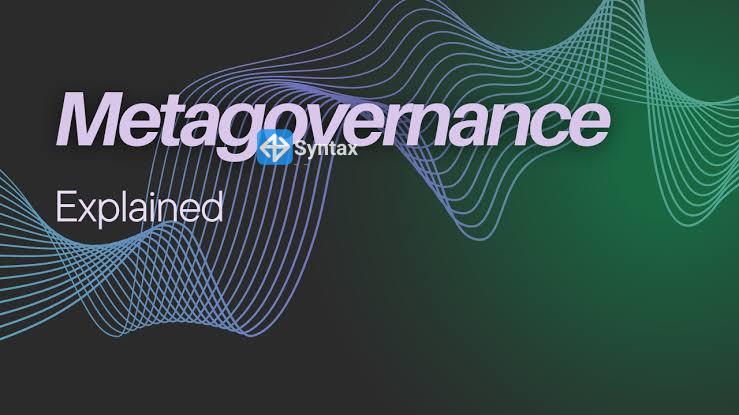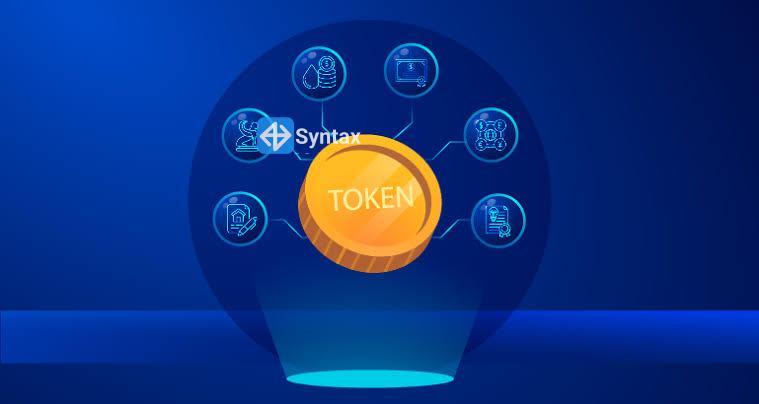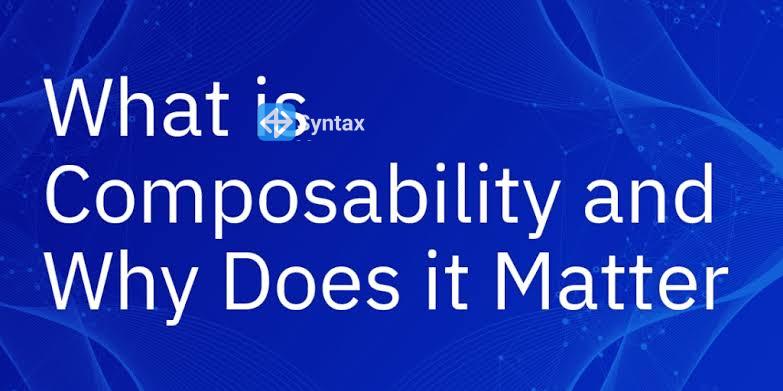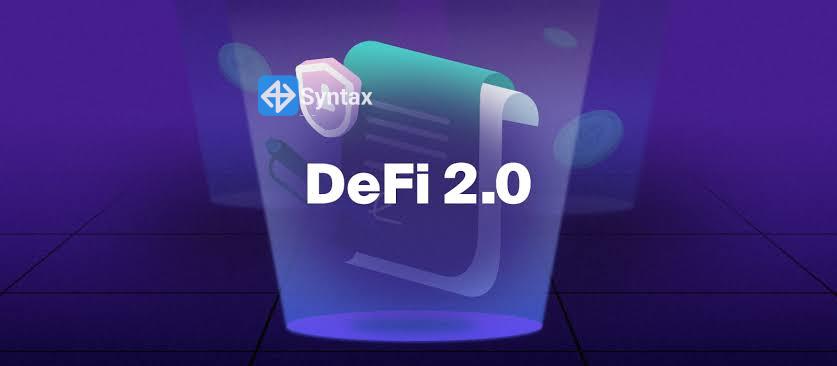Unlike regular NFTs, they cannot be sold or traded — they are “bound” to a specific wallet, much like a permanent badge or certificate.
Key Features
- Non-transferable: Once issued to a wallet, they can’t be moved to another address.
- Proof of identity or reputation: They can represent educational qualifications, professional certifications, memberships, awards, or governance rights.
- Verifiable on-chain: Anyone can cryptographically verify the authenticity of the information they contain.
- Privacy options: Can be made public or private, depending on the use case.
Common Use Cases
1. Education – Universities can issue SBTs as digital diplomas.
2. Employment – Companies can issue proof of work history or skill certifications.
3. DAO Governance – SBTs can represent voting rights tied to identity, reducing the risk of “Sybil attacks” (multiple fake identities).
4. Loyalty & Reputation – Tracking a user’s participation and trustworthiness in online communities.
Limitations and Considerations:
Key Management:
Losing access to the wallet holding SBTs would result in the loss of the associated credentials and identity information.
Data Privacy:
While SBTs can enhance privacy in some contexts, careful consideration must be given to the type of information stored and how it is accessed.
Real-World Adoption:
The widespread adoption of SBTs requires further development and standardization across different blockchains and platforms.












